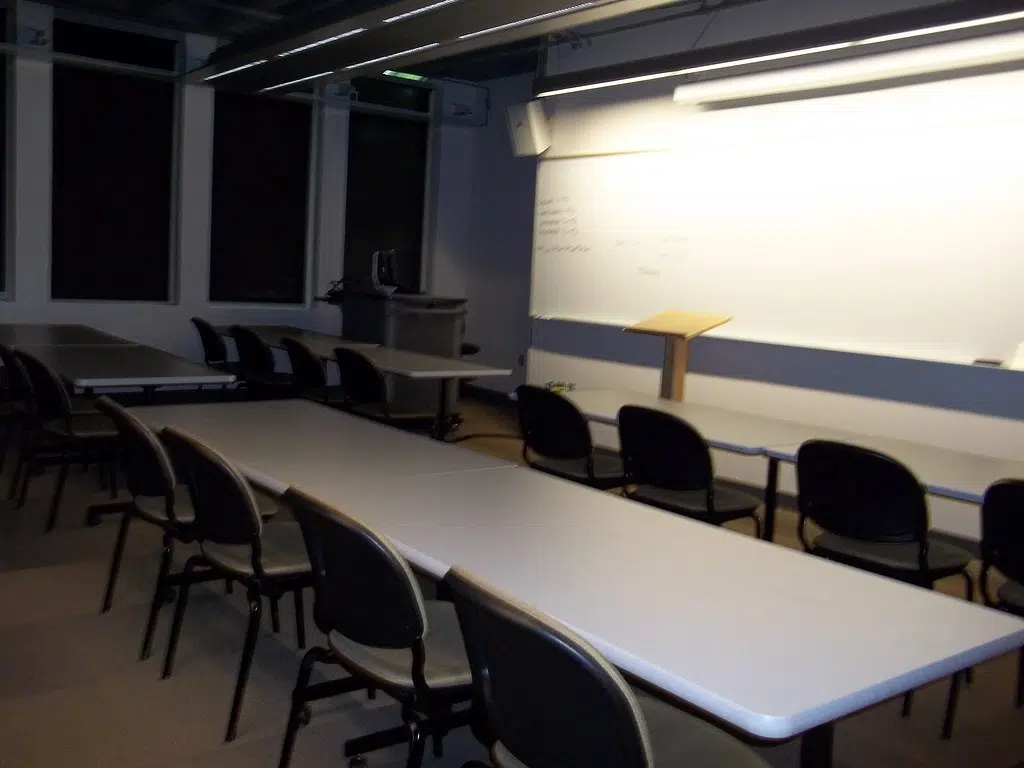A strike involving more than 22,000 public-sector workers is “imminent”, according to CUPE New Brunswick president Stephen Drost.
Mediated negotiations between the union’s centralized bargaining team and the provincial government ended on Tuesday night when the latter left the table, according to the union.
“This employer has walked away from the table when we had come and were being extremely collaborative, respectful and certainly had moved off our original offers,” Drost said in an interview.
A new offer includes an annual wage increase of 3% a year for four years, down from the 5% they had initially been asking for.
According to Drost, the province’s offer was 2% a year for five years, but some “concessions” remained on the table, including pension changes.
“As far as I’m concerned, we don’t have a labour shortage in this province, we have a government that’s unwilling to pay its workers a fair wage. That’s where your recruitment retention crisis is,” Drost said.
Drost alleges the province offered significantly higher increases to other unions.
If a strike begins, Drost said the effects will be felt in every sector across the province, including healthcare, education, tourism and transportation.
These workers represented by 10 locals have been in a legal strike position since earlier in October.
Province could legislate striking employees back to work
New Brunswick’s premier said he believes the government’s most recent offer to CUPE members — which is no longer on the table — was fair and reasonable.
The offer included an annual wage increase of two per cent a year over five years, for a total of 10 per cent. Previously, the government had offered a nine per cent increase over six years.
Blaine Higgs said the province recently settled agreements with three other bargaining groups which included general wage increases of 8.75 per cent over five years.
“I obviously don’t want to have a strike in the middle of a pandemic. There is zero need to put New Brunswickers at risk, but we can’t throw your future away either,” said Higgs.
Earlier in October, the province announced a $409-million surplus for 2020-21 and projected a $38-million surplus for the current fiscal year.
Higgs said the number for 2021-22 looks “significantly better” based on a preliminary review of second-quarter numbers, which will be released in November.
But the premier said a lot of the extra money that contributed to the surplus came from one-time COVID-related money from the federal government.
“I won’t be in a position where I cut a deal this year that we can afford this year but then we can’t see a way to pay for it in the out years,” said Higgs.
Higgs said the union refused to even consider their proposal to address pension shortfalls by converting two locals to the province’s shared risk program.
Five other CUPE locals are already part of the shared risk program along with 80 per cent of the civil service, he said.
If a strike happens, Higgs said the government will use “whatever means” necessary to limit the impact on citizens, which could include legislating employees back to work.
“I hope this measure will not be necessary,” he said.
With files from Robert Lothian and Brad Perry.







